50 Greatest Cannes Breakthroughs
Auteurs and actors who shone in the sun
Abbas Kiarostami
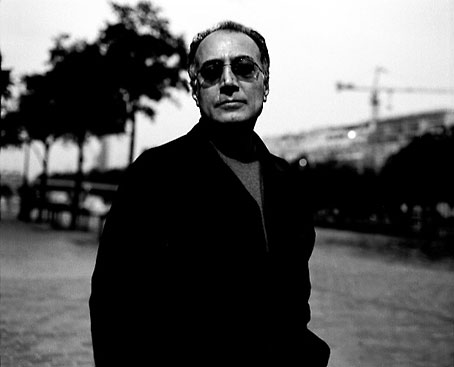
The Breakthrough: Not so much a breakthrough as a drip-feed, as Western audiences gradually became away of Kiarostami (and Iranian cinema in general) over several Festival appearances culminating in his 1997 Palme D'Or win for A Taste Of Cherry .
Post-Cannes: Kiarostami remains the figurehead for Iranian film and an icon of experimental cinema thanks to 2002's "movie-in-a-car" Ten . His English language debut, Certified Copy , won Best Actress for Juliette Binoche at the 2010 Festival.
Jacques Cousteau
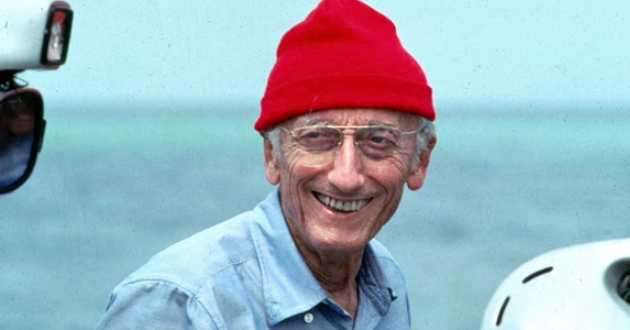
The Breakthrough: The maverick oceanographer was known mainly as the writer of The Silent World , when his film adaptation won the Palme D'Or at Cannes in 1956.
Post-Cannes: Cousteau became the face of marine exploration, primarily through his 1960s and 1970s TV show The Undersea World of Jacques Cousteau . Plus, he's the inspiration for Steve Zissou.
Ridley Scott
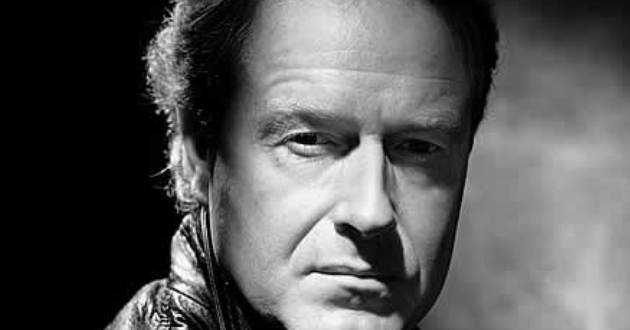
The Breakthrough: Scott was best known as a director of TV commercials when he bagged Best Debut Film for 1977's The Duellists .
Post-Cannes: Scott's next film, Alien , confirmed Cannes' instincts… And then came Blade Runner , Thelma And Louise , Gladiator and this year's Prometheus .
Krzysztof Kieslowski
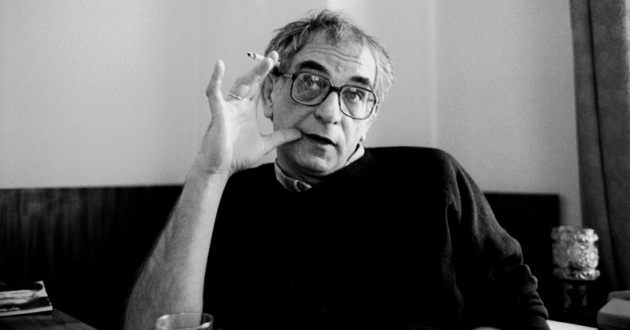
The Breakthrough: Polish filmmaker Kieslowski had been a well-kept secret for years when A Short Film About Killing - a feature-length re-edit of an episode from his Decalogue TV series - won the Jury Prize at the 1988 Festival.
Bringing all the latest movie news, features, and reviews to your inbox
Post-Cannes: That's all it took to increase Kieslowski's bankability. His final four films (before dying in 1996, aged 54) made him the biggest name in 1990s art-house cinema.
Richard Harris
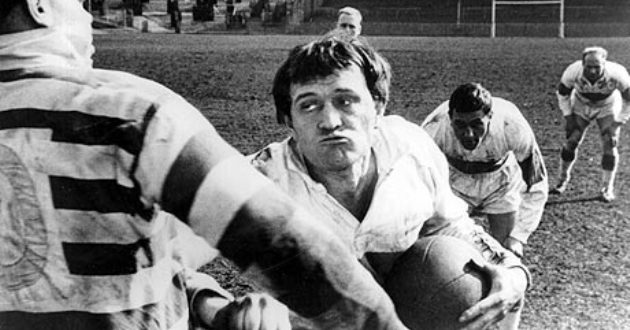
The Breakthrough: After years of supporting roles, notably opposite Brando in Mutiny On The Bounty , Harris won Best Actor for his first lead role as a troubled rugby player in 1963's This Sporting Life .
Post-Cannes: Alcoholism blighted much of his promise, but he recovered to become a cherished character actor in later years, notably as Albus Dumbledore in the first two Harry Potter films.
Vanessa Redgrave
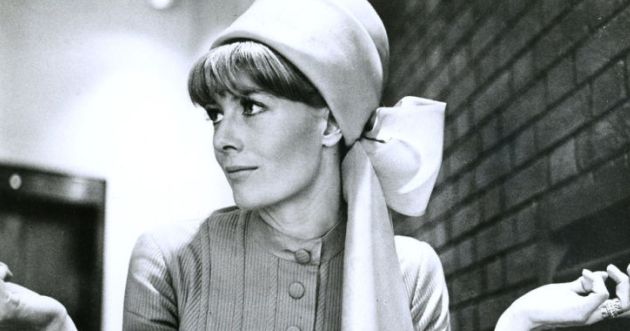
The Breakthrough: Although a renowned stage performer and part of an acting dynasty, it took a Best Actress award (for Redgrave's 1966 debut, Morgan: A Suitable Case For Treatment ) to seal her move into the movies.
Post-Cannes: Redgrave scored a second Cannes victory with 1968's Isadora , followed by an Oscar for Julia in 1977, en route to becoming an elder stateswoman of British cinema.
Gaspar Noe
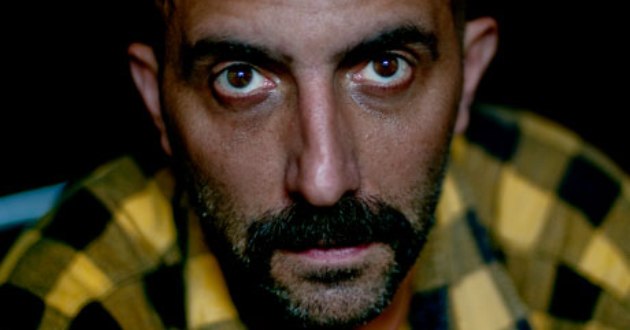
The Breakthrough: His debut Seul Contre Tous had courted controversy in the art-house world, but when Noe unveiled Irreversible at the 2002 Festival he outraged practically everyone.
Post-Cannes: Noe takes his time but it's no surprise that his follow-up (2009's Enter The Void ) premiered at Cannes and divided audiences with his uncompromising vision of sex, drugs and violence.
Forest Whitaker
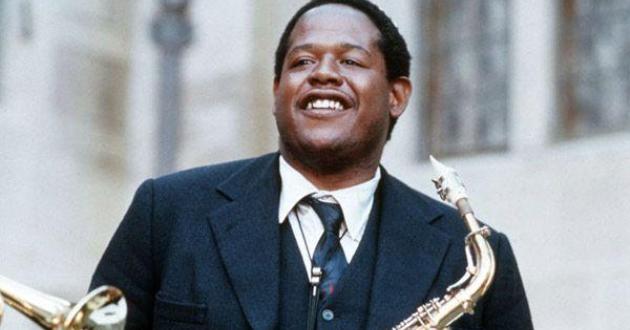
The Breakthrough: Whitaker's presence in supporting roles in The Color Of Money , Platoon and Good Morning, Vietnam didn't prepare anybody for his Best Actor-winning lead role as Charlie Parker in Bird .
Post-Cannes: No longer taken for granted, Whitaker can deliver whatever the role and won the Oscar for The Last King Of Scotland .
Jane Campion
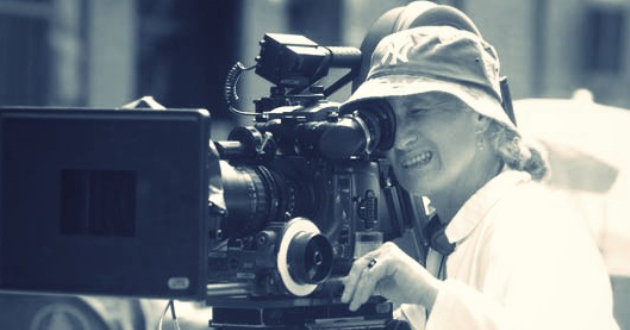
The Breakthrough: Campion's 9-minute Peel won the Short Film Palme D'Or in 1986, making her the first woman to win the award.
Post-Cannes: Campion repeated the trick by becoming the first woman to win the Palme D'Or proper with 1993's The Piano , and remains a celebrated auteur.
Michelangelo Antonioni
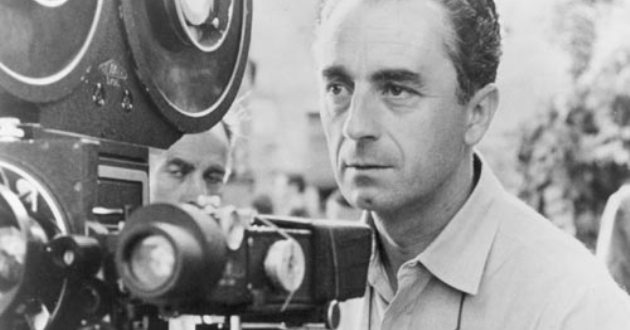
The Breakthrough: Antonioni had worked steadily throughout the 1950s, but it was 1960's L'Avventura that propelled him to world attention, largely on the back of Cannes, where a notorious negative premiere was cancelled out when the film won the Jury Prize.
Post-Cannes: In 1962, L'Avventura came second behind Citizen Kane in the once-a-decade Sight And Sound critics' poll. But by then, the film's follow-ups, La Notte and L'Eclisse , had made Antonioni an art-house sensation.


